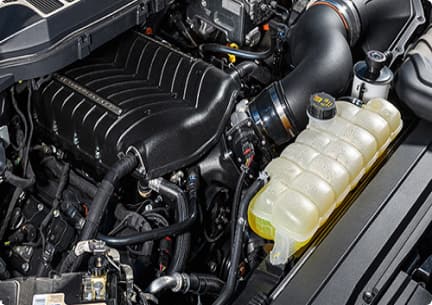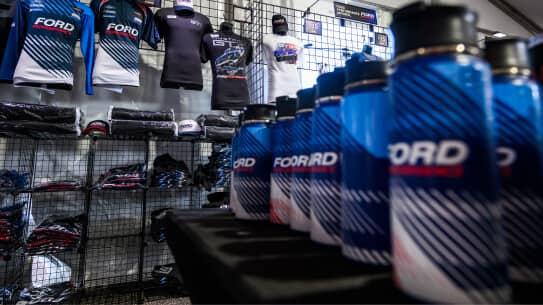
Formula 1 Racing
All you need to know
After more than two decades, Ford is returning to Formula 1. The iconic American automaker and Red Bull Powertrains are entering into a long-term strategic technical partnership for the development of the next-gen hybrid power unit to be used from the 2026 Formula 1 season onwards.
Red Bull Ford will provide the power units for both the Oracle Red Bull Racing and Scuderia AlphaTauri teams from 2026 to at least 2030.

Australian Grand Prix
Mar. 14-16, 2025
Formula 1

Chinese Grand Prix
Mar. 21-23, 2025

Japanese Grand Prix
Apr. 4-6, 2025
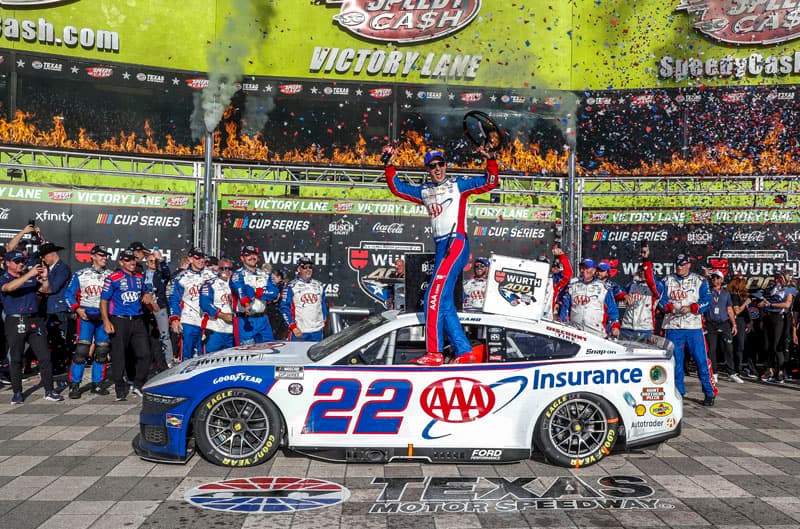

By Drew & Robin Hayes
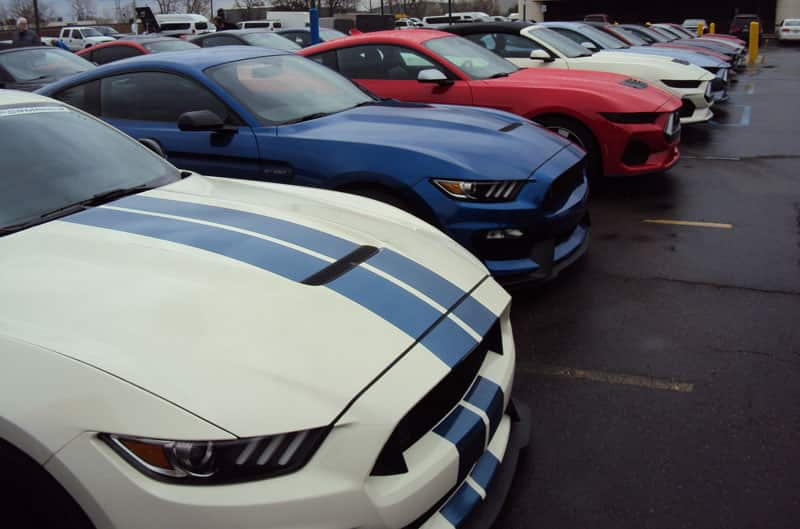
By John M. Clor

By Fabrizio Schenardi
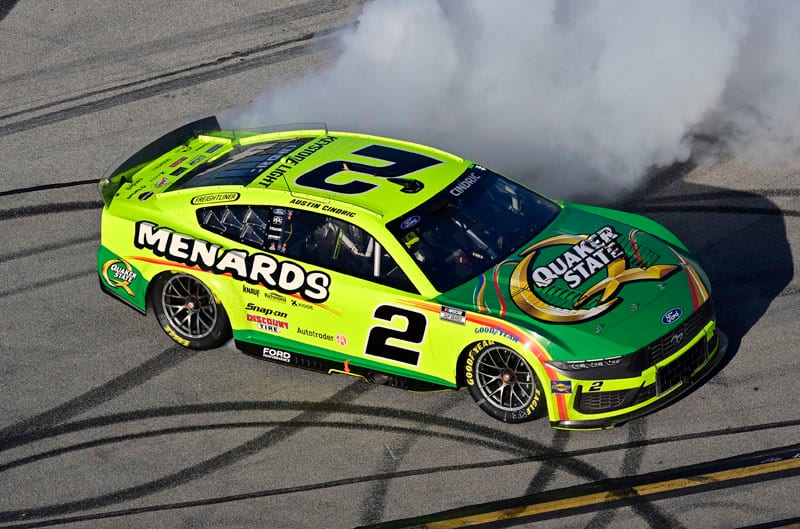
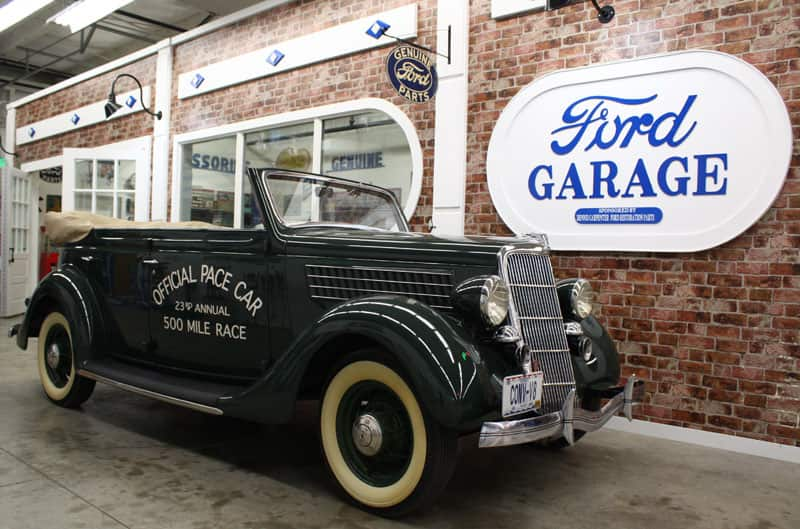
By John F. Katz

By John M. Clor
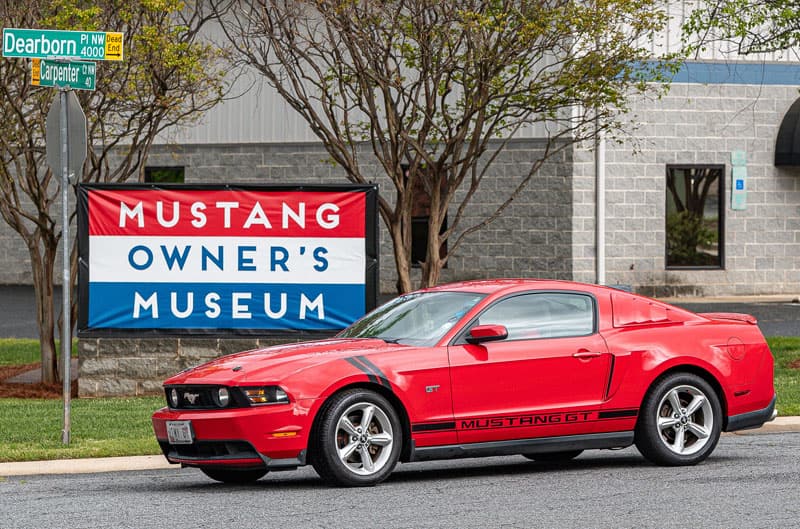
By Gerard Ferraioli

By John M. Clor
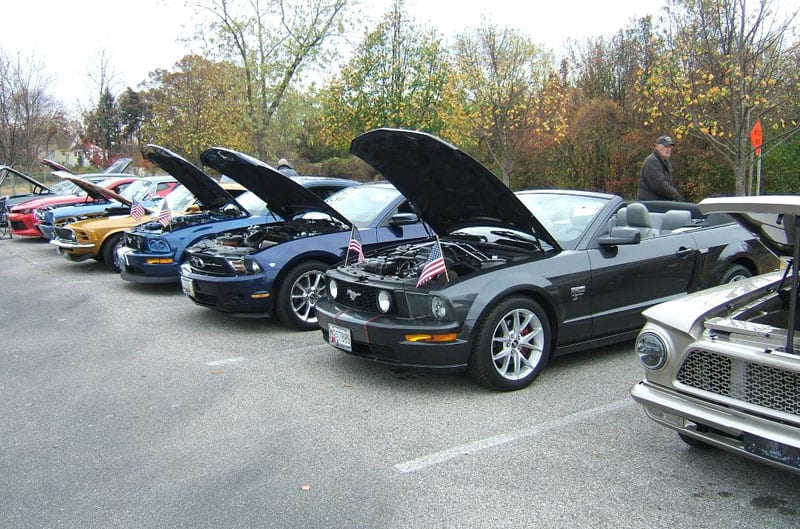
By Rick Mitchell
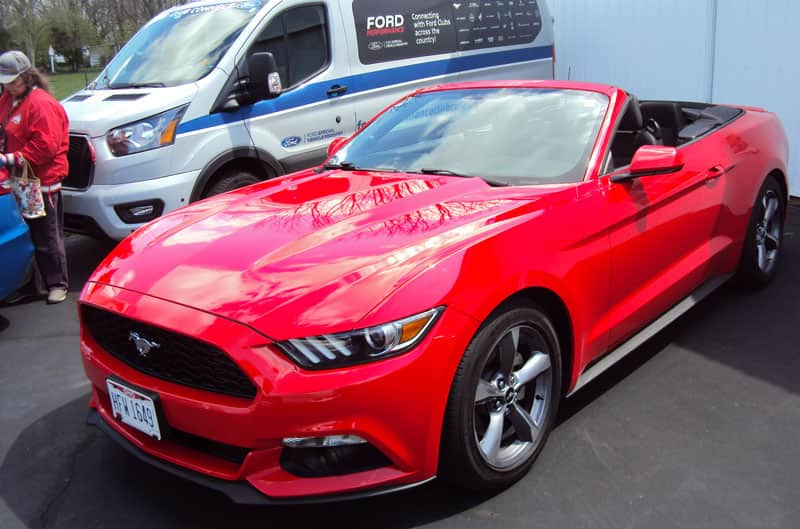
By John M. Clor
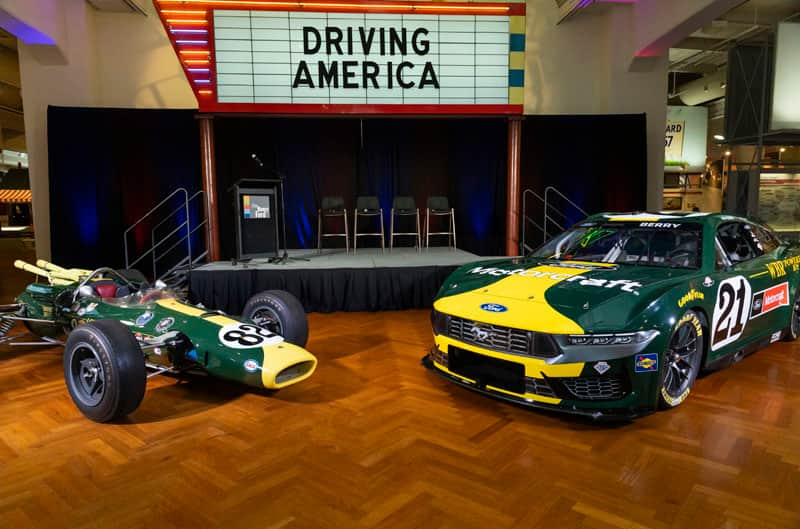
By Ford Performance Staff

By Jeff Burgy
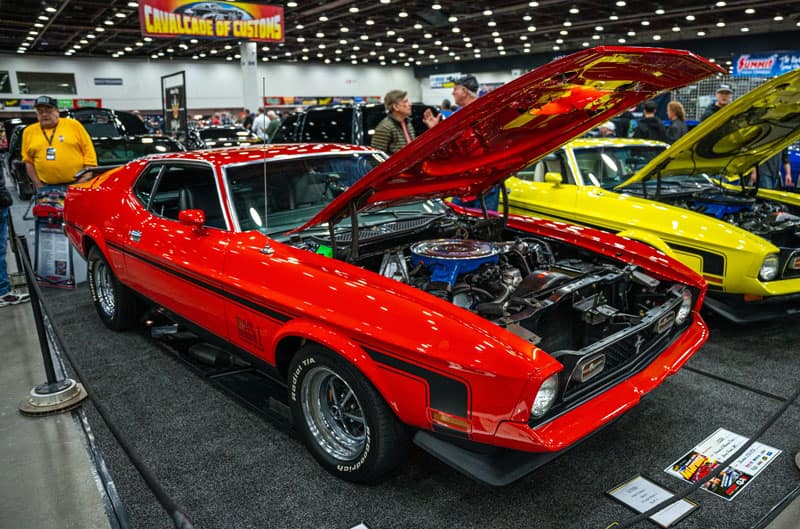
By Joe Deladvitch
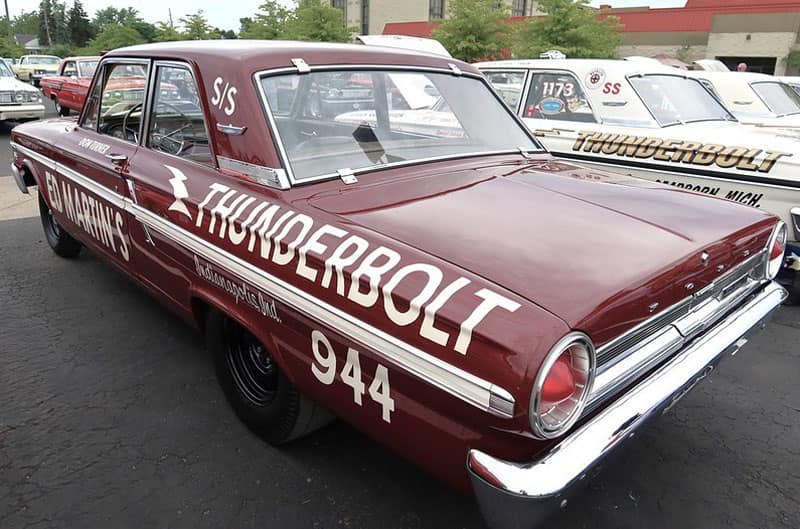
By Bill Cook
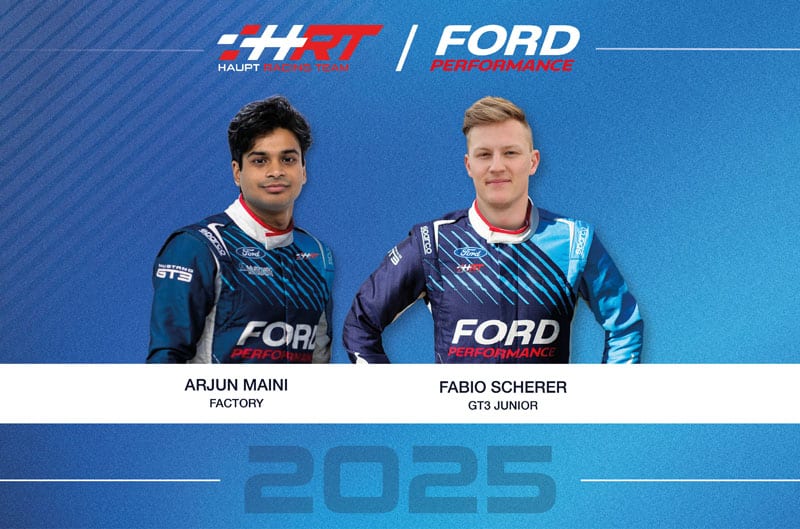
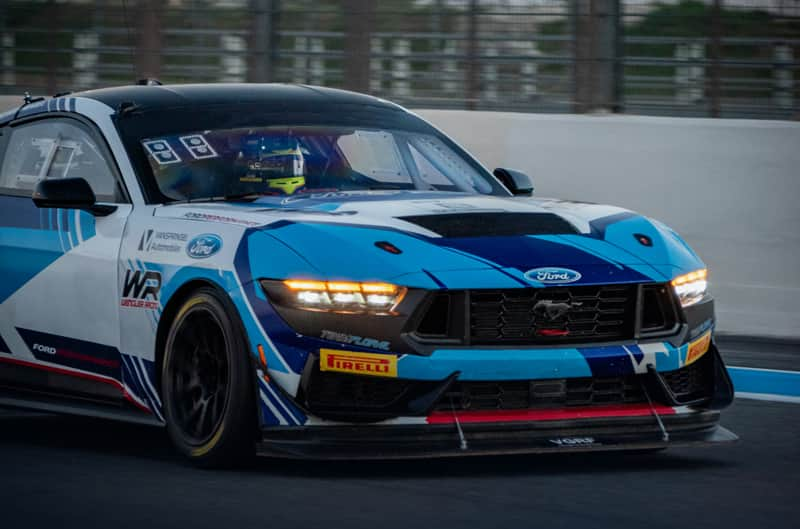
By Ford Performance Staff
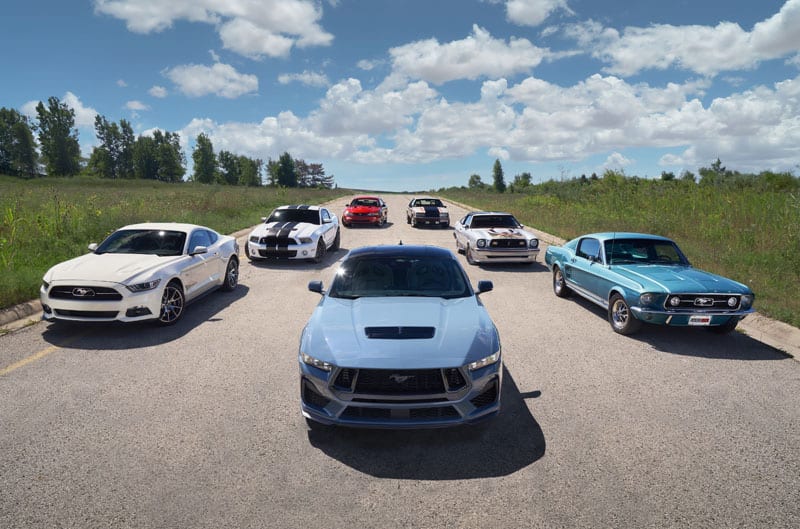
By John M. Clor
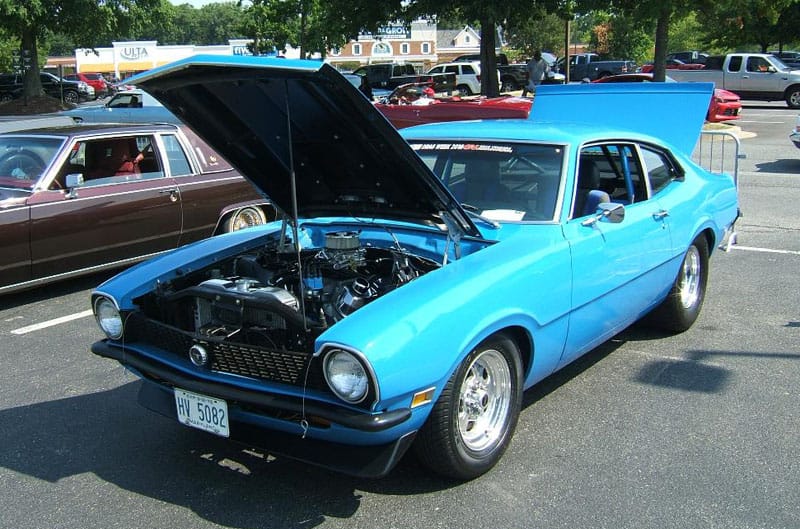
By Rick Mitchell

By Marcus Cervantes
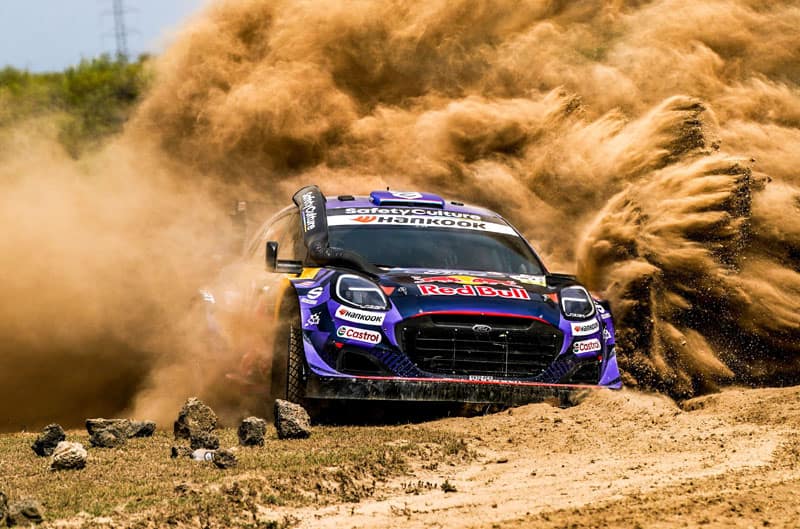
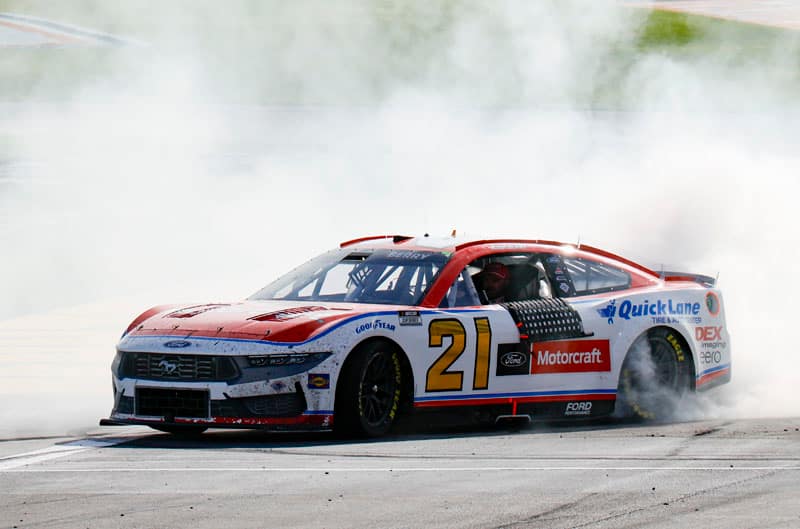
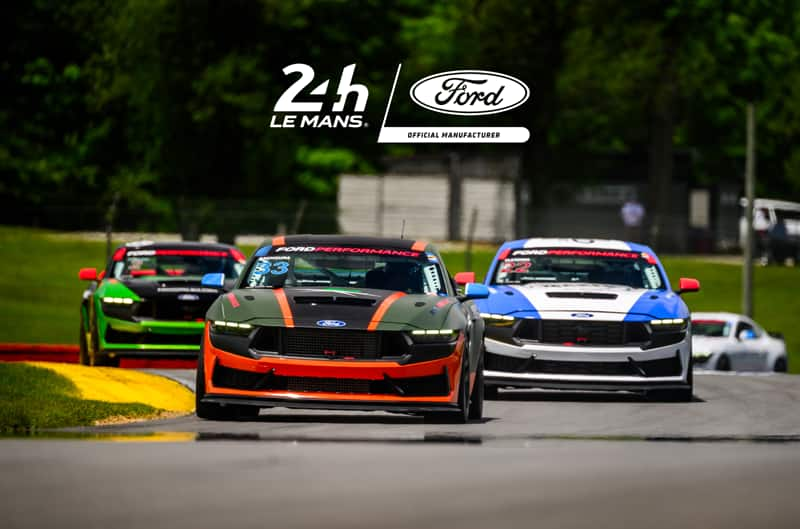
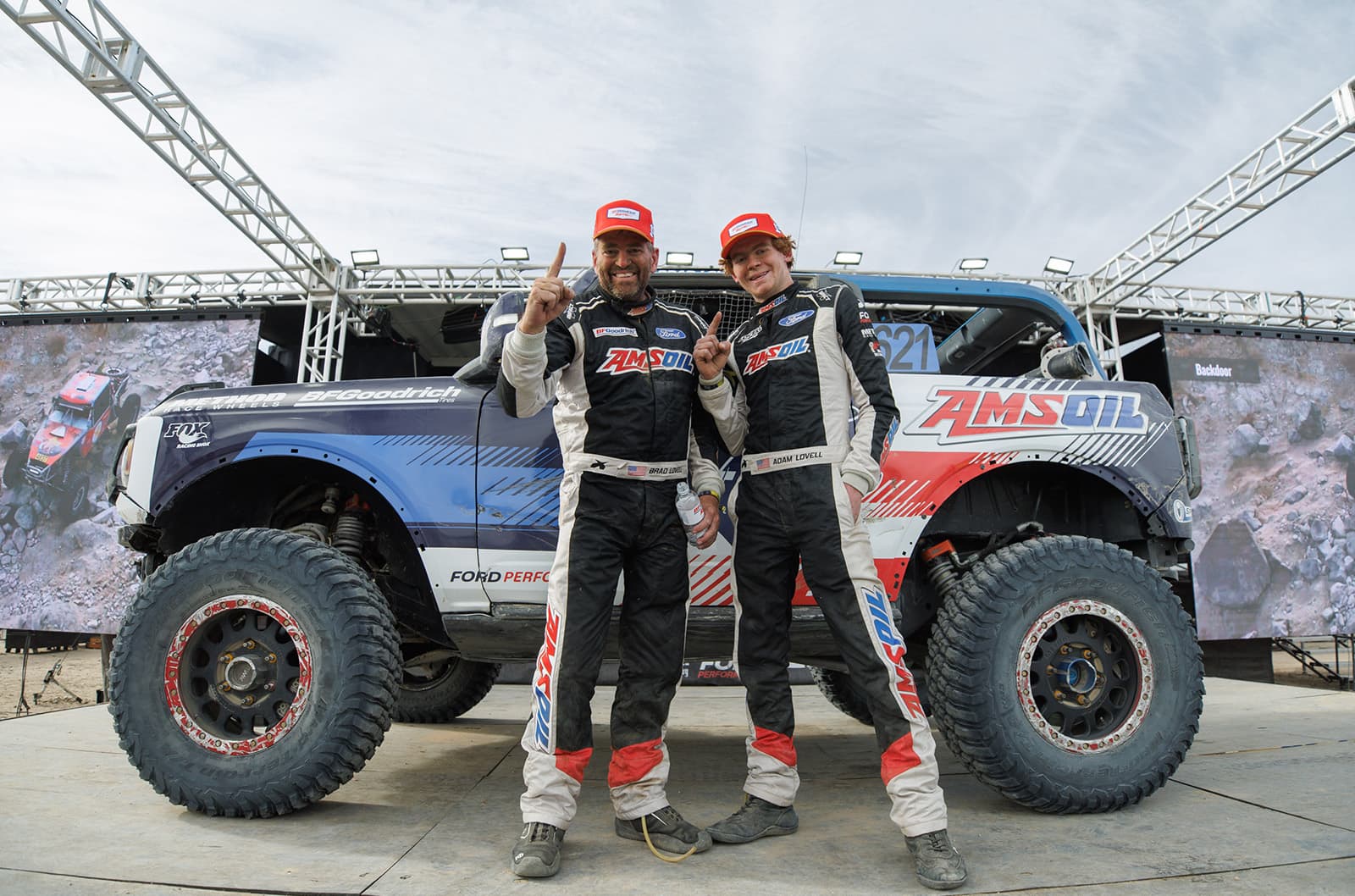
By Ford Performance

Subscribe to
Our Newsletter
Get up-to-date news, views, and races, including our weekly Fast News newsletter from Ford Performance.


